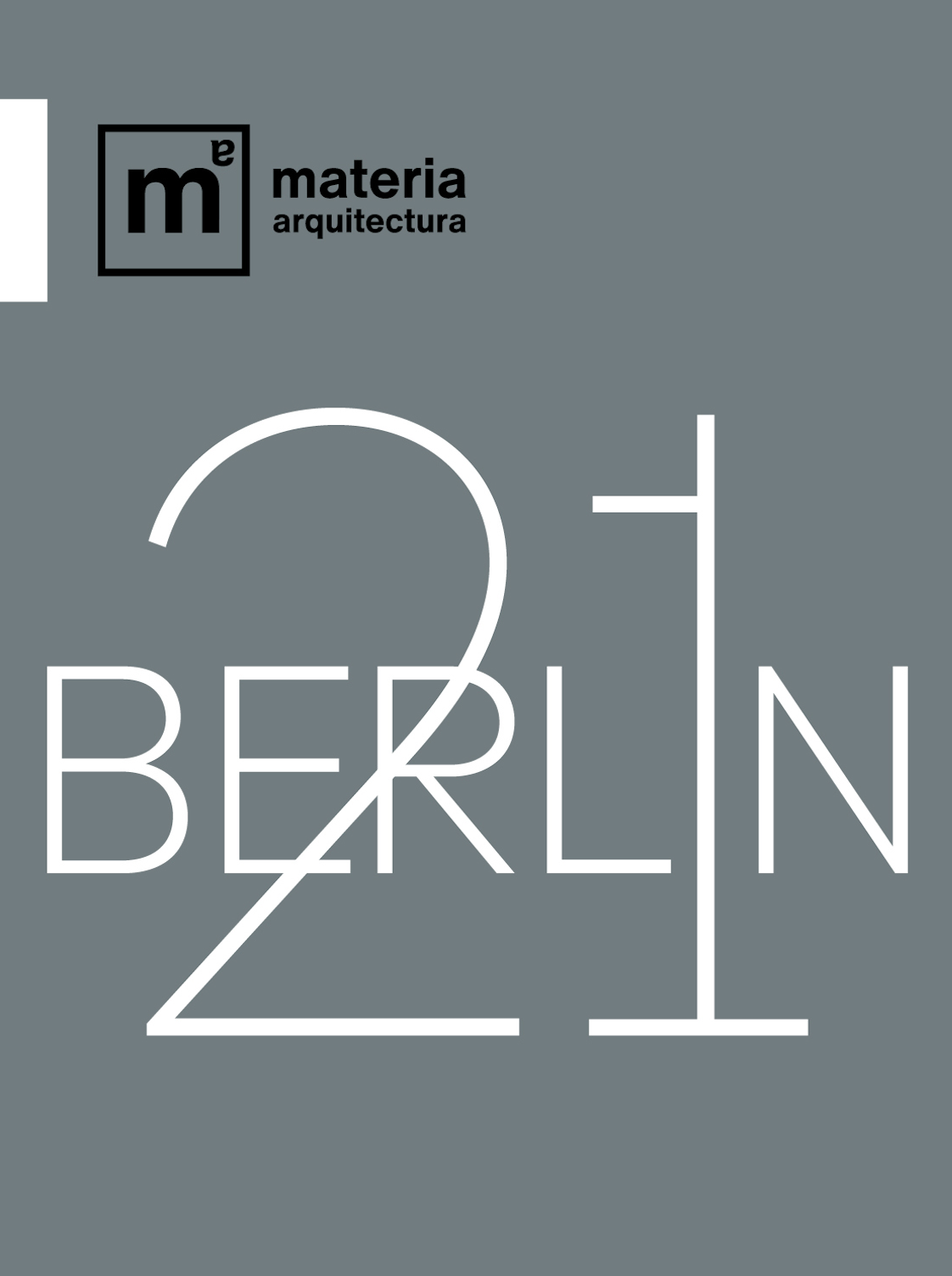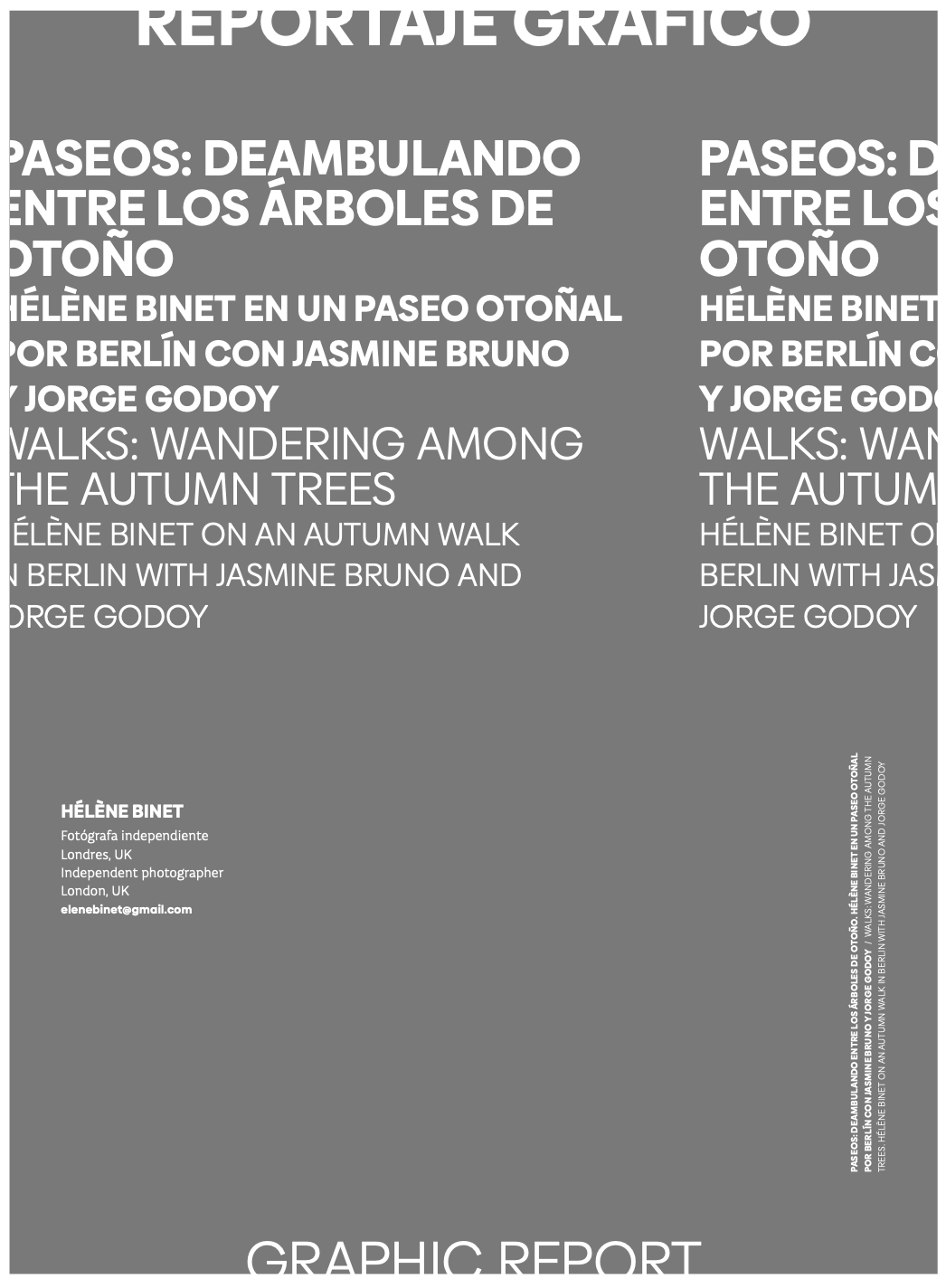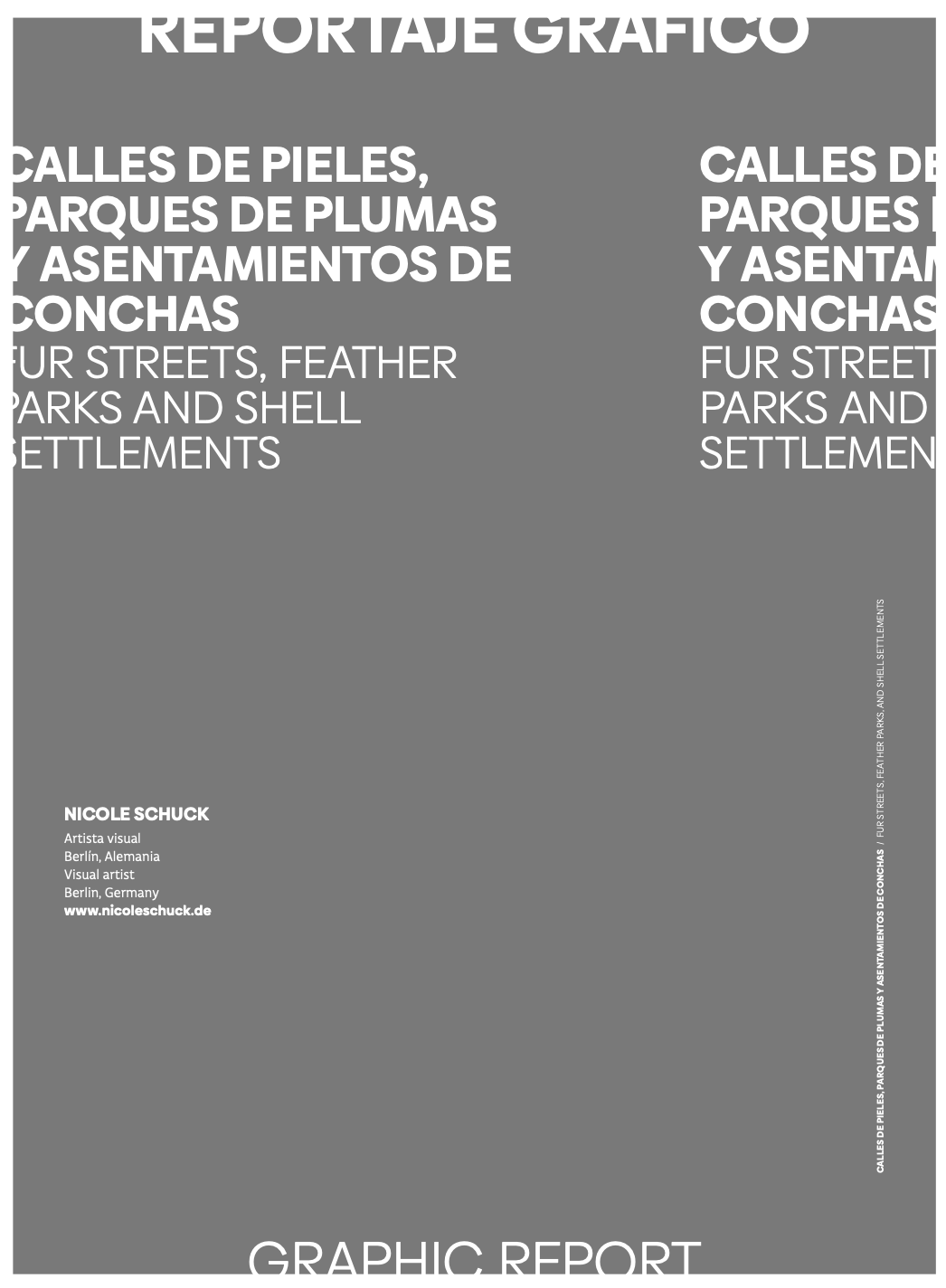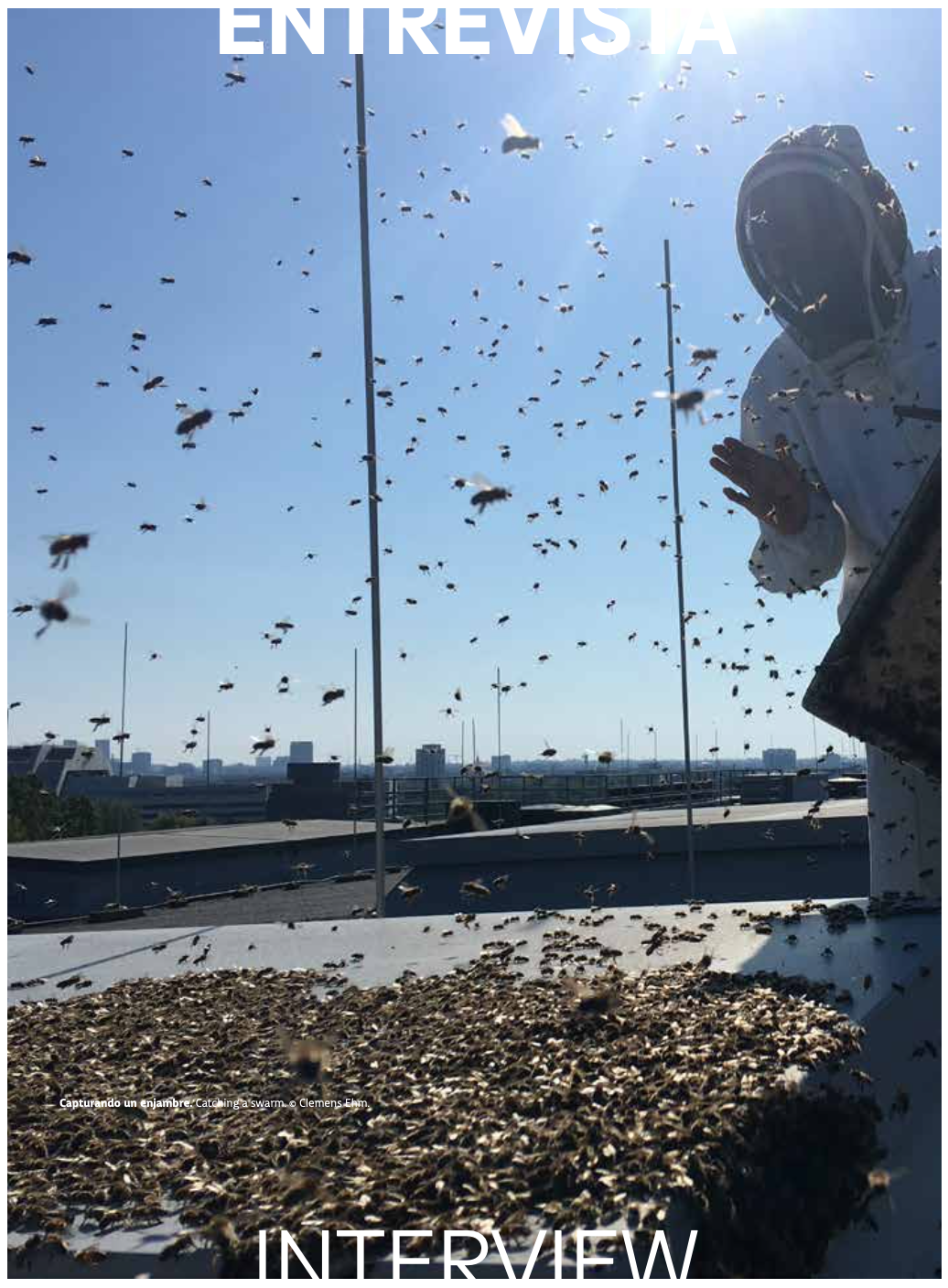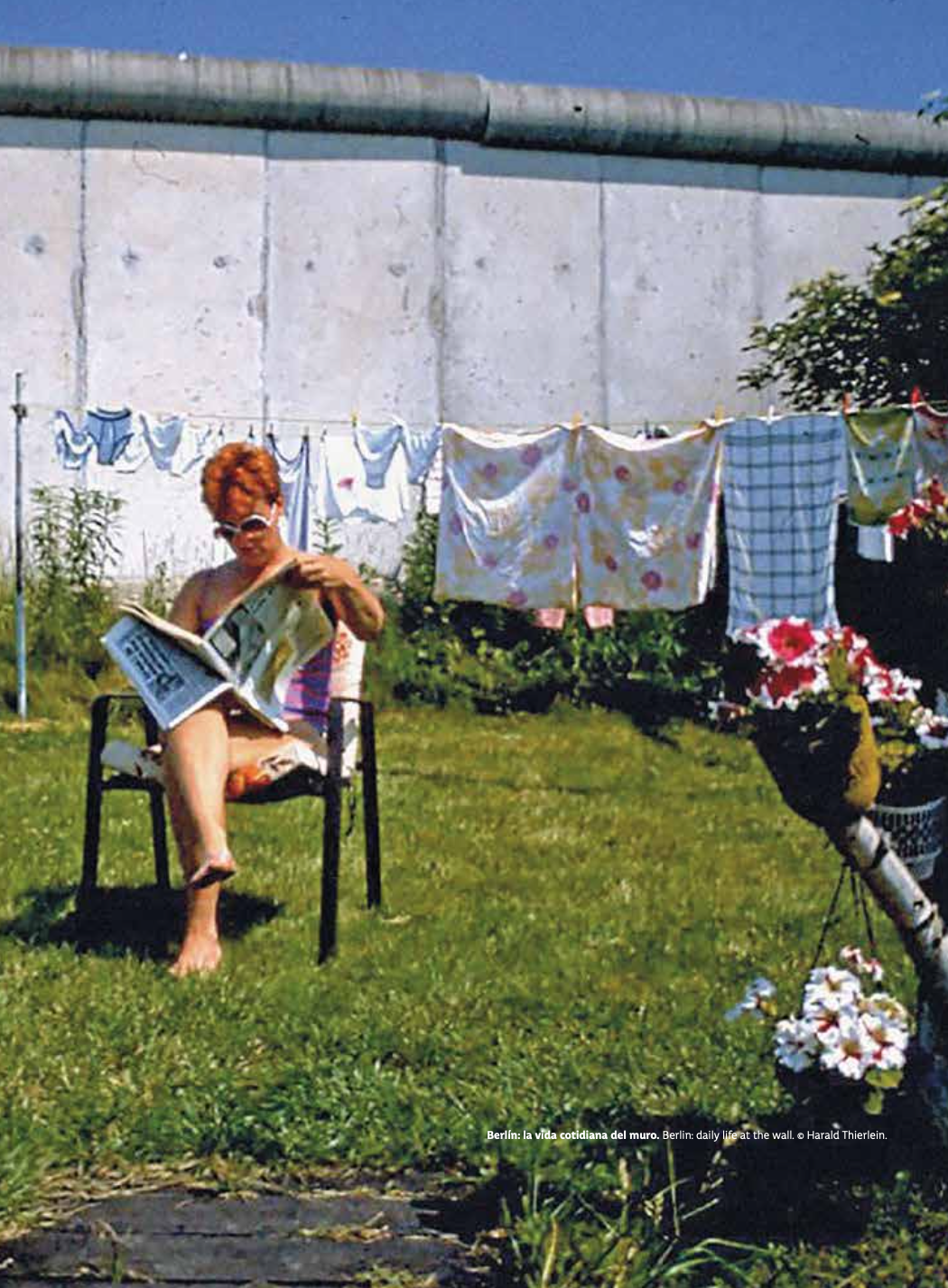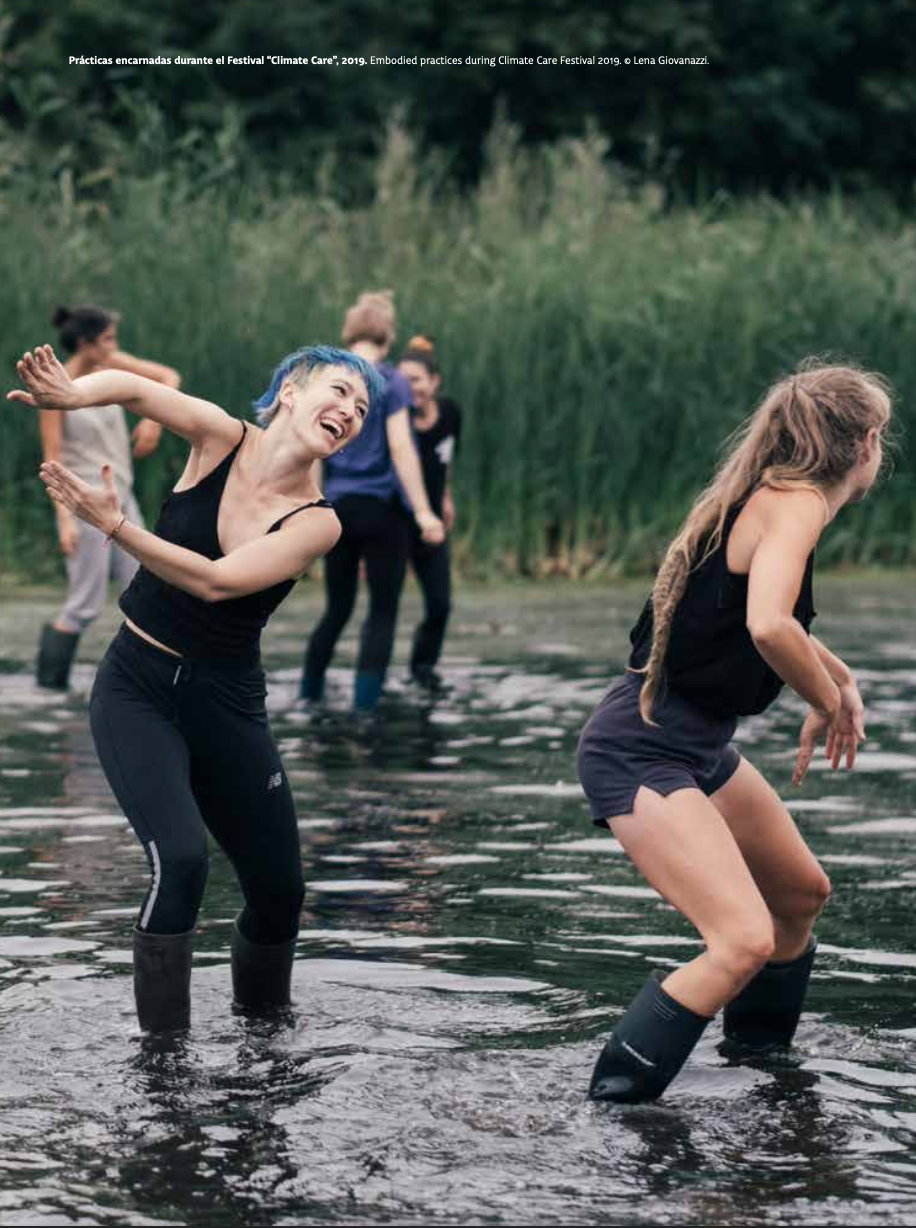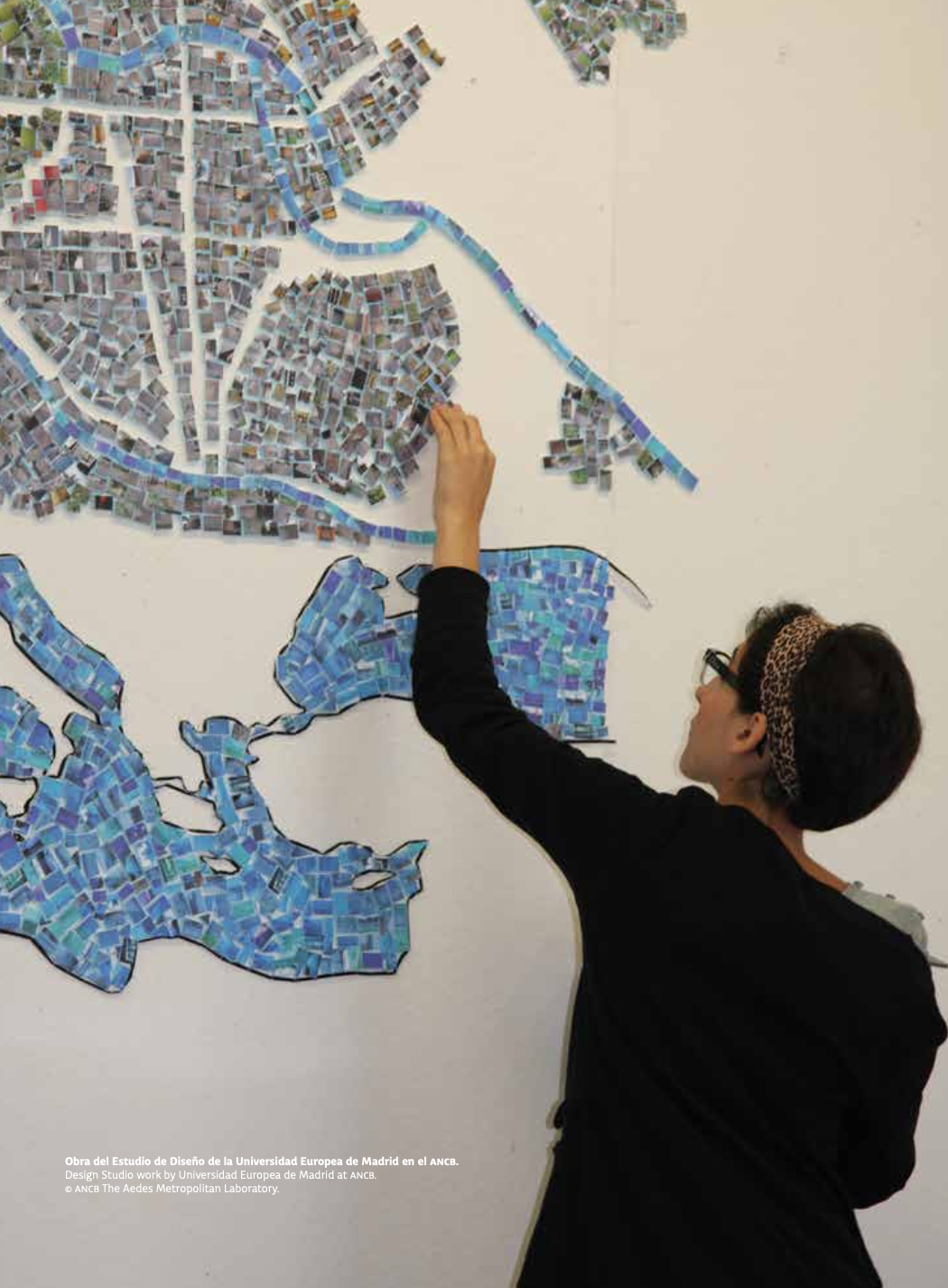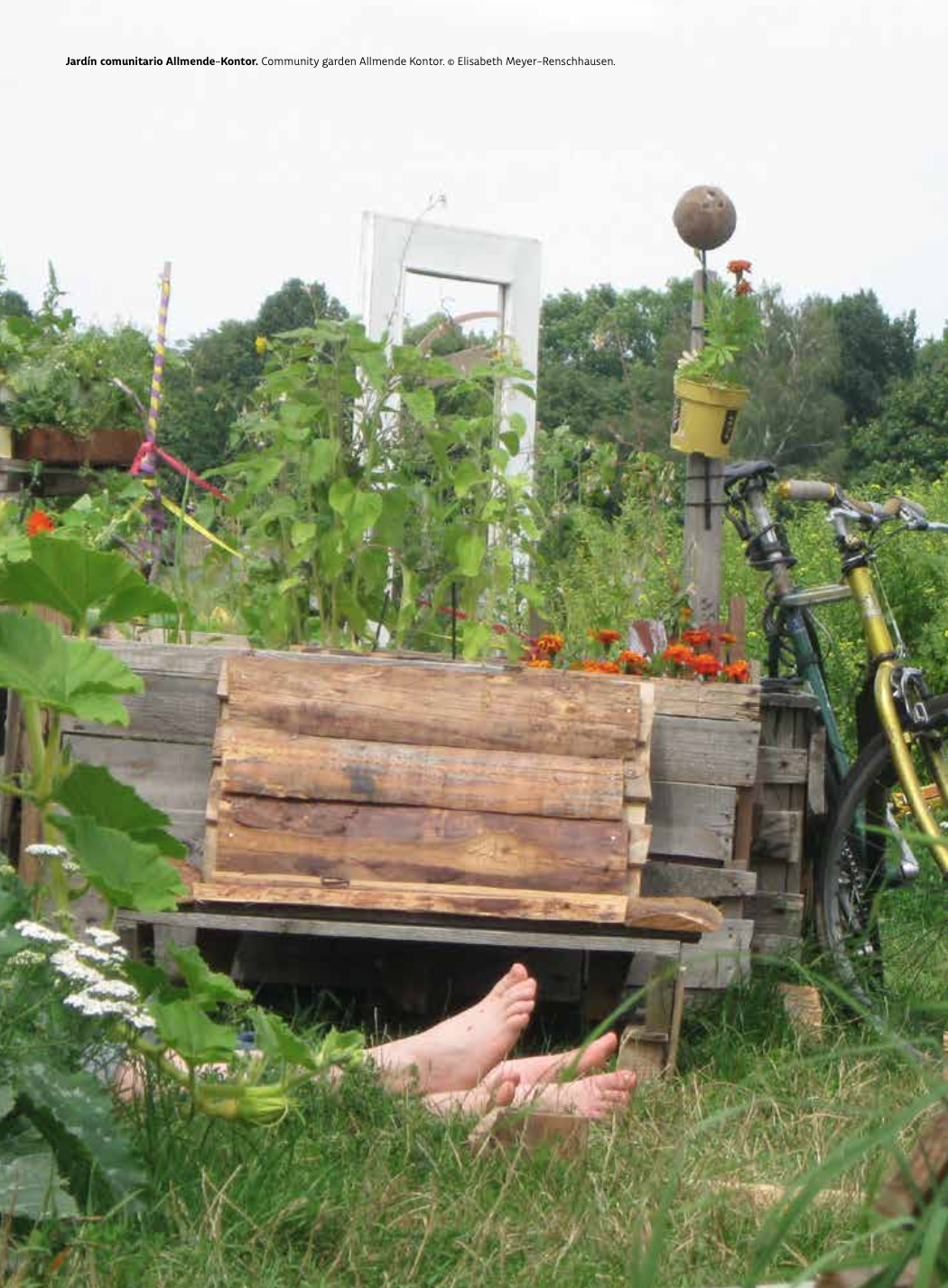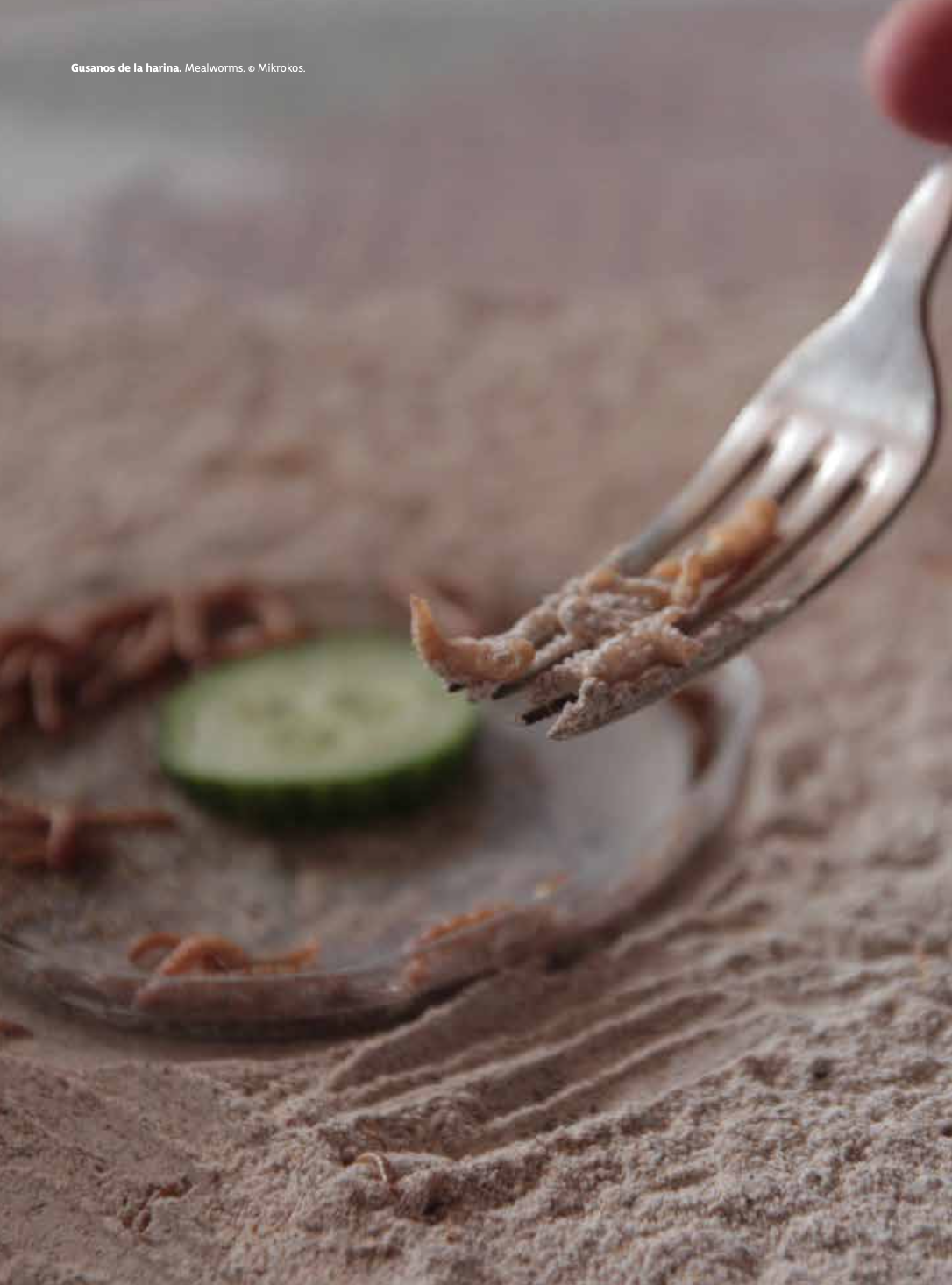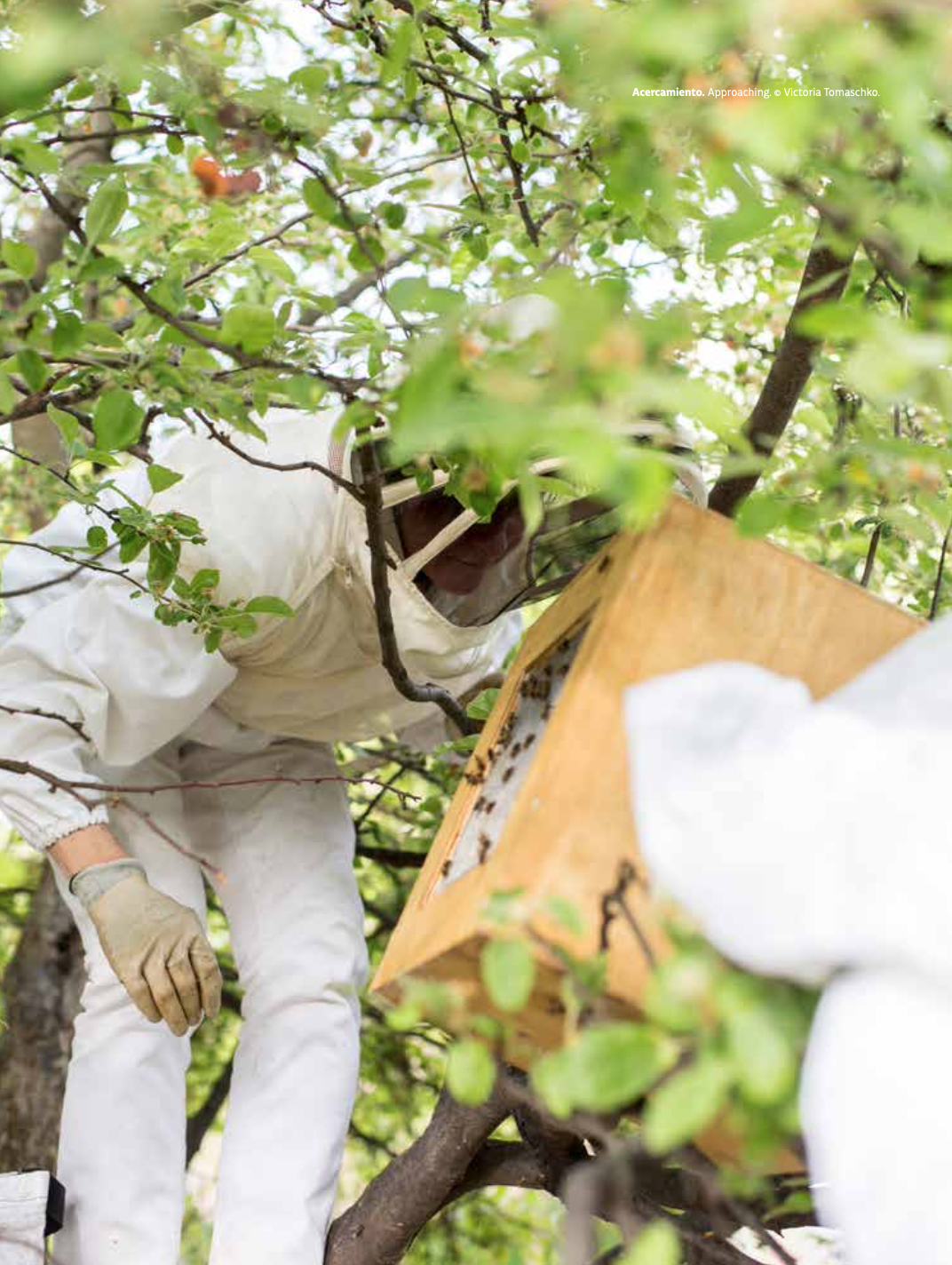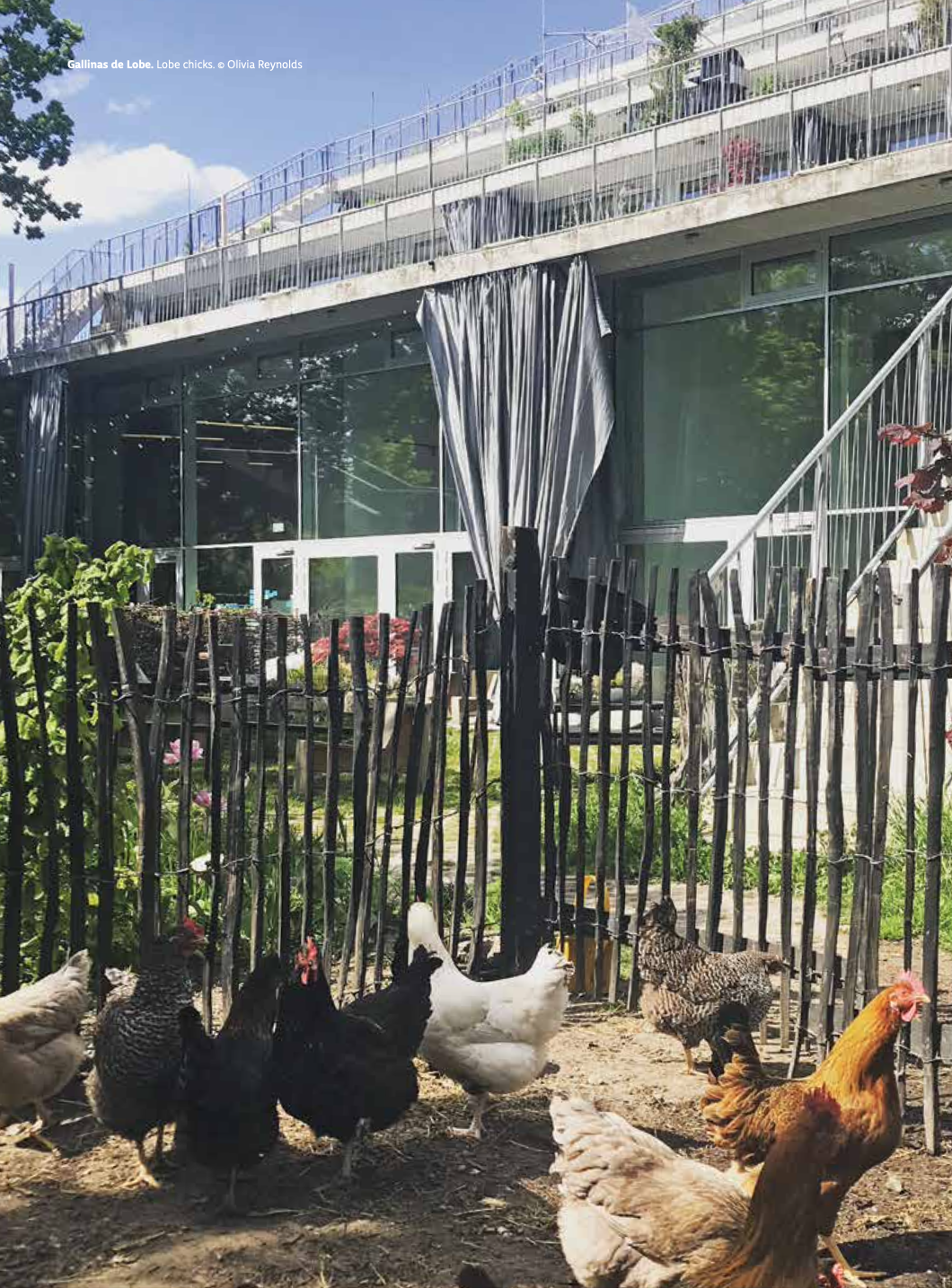
Esta edición de Materia Arquitectura indaga en la necesidad de pensar y vivir las ciudades de forma sensible y biodiversa. Jorge Godoy, su editor invitado, propone examinar la vida urbana desde el punto de vista del compromiso, la resistencia y la persistencia de las múltiples especies que participan en la construcción del paisaje urbano y social. Entrevistada en esta entrega, Erika Mayr explica la importancia de las abejas para la existencia de otras especies urbanas. Los artículos del dossier, en tanto, tratan sobre las abejas, la polinización, la nutrición, el género, la fertilidad, los afectos y la belleza. Florentin Steininger y Sjoerd Krijnen especulan sobre las posibilidades que se abren al redefinir el espacio público de Berlín como un hábitat urbano-natural libre de automóviles. A su vez, Gilly Karjevsky y Rosario Talevi desarrollan los casos de la Universidad Flotante y Climate Care, un festival comprometido con la teoría y la práctica en la intersección de los desafíos climáticos, la ética de los cuidados y las humanidades ambientales. Por su parte, Dunya Bouchi y Miriam Mlecek describen el trabajo de Aedes Berlín, consistente en exhibir y discutir acerca de la inseparable interacción entre el entorno natural y el construido. Elisabeth Meyer-Renschhausen analiza el movimiento mundial de jardinería comunitaria, presentándolo como el punto culminante de un nuevo tipo de agricultura urbana. Enfocándose en el aspecto arquitectónico de la crianza de insectos comestibles en el ambiente urbano, Nicole Sartirani y Diego Castro comparten sus experiencias en la integración de estos insectos en la cocina occidental. En tanto, Erika Mayr llama a encontrar conceptos de cuidado que fortalezcan las colmenas y reduzcan la presión sobre la producción de miel en las ciudades. Finalmente, Ana Zatezalo apunta a revelar los poderes colectivos del edificio brutalista “Lobe Block”, los que permiten que ocurran múltiples comportamientos.
Editor invitado Jorge Godoy Román
Publicado: 2021-12-30
